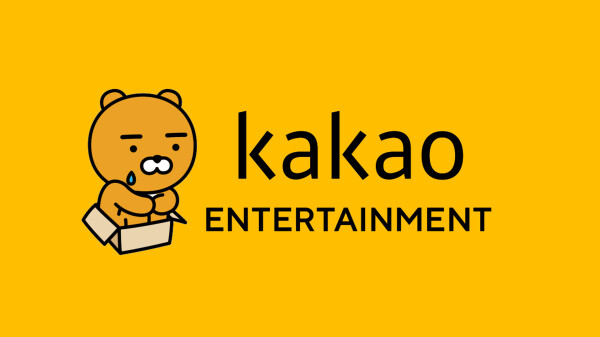
The Fair Trade Commission (FTC) has imposed a fine of 390 million won on Kakao Entertainment, South Korea's leading music distributor, for engaging in covert online advertising through social media (SNS) channels for over eight years.
According to the FTC, Kakao Entertainment operated 15 SNS music channels, including "Musemon," "Idol Research Institute," "Do You Listen to Music?" and "HIP-ZIP," with a total of 4.11 million followers, and posted 2,353 promotional materials between October 2016 and February 2023. These channels disguised advertisements as genuine user reviews by using phrases like "The song that popped up on my algorithm today" and "An artist I accidentally listened to and fell in love with."
Additionally, from May 2021 to December 2023, Kakao Entertainment directed its employees to create 37 promotional posts on major online communities such as "Theqoo," "Ppompuh," "MLB Park," "Cliang," and "Instiz," which have a combined membership of 1.5 million users. These posts, titled "Truly Well-Made Songs" and "Videos I Want to Recommend," did not disclose that they were written by employees.
Furthermore, Kakao Entertainment spent 860 million won on 35 advertising agencies between July 2016 and December 2023 to conduct 427 SNS advertisements without clearly disclosing the economic relationship involved.
The FTC concluded that Kakao Entertainment's actions were deceptive to consumers. The commission emphasized that Kakao Entertainment continued its illegal activities despite internal legal reviews indicating the potential for unfair advertising, considering this a severe violation.
"Popular music is strongly influenced by bandwagon effects, word-of-mouth, and fandom effects," said an FTC official. "Concealing or omitting whether the content creator is a general consumer or an advertiser significantly impacts consumer choices, which is a deceptive act."
The FTC stated that this is the first case of regulating deceptive advertising in the popular music sector and pledged to continue efforts to ensure accurate information is provided to consumers for rational purchasing decisions in the cultural industry.
[Copyright (c) Global Economic Times. All Rights Reserved.]






























